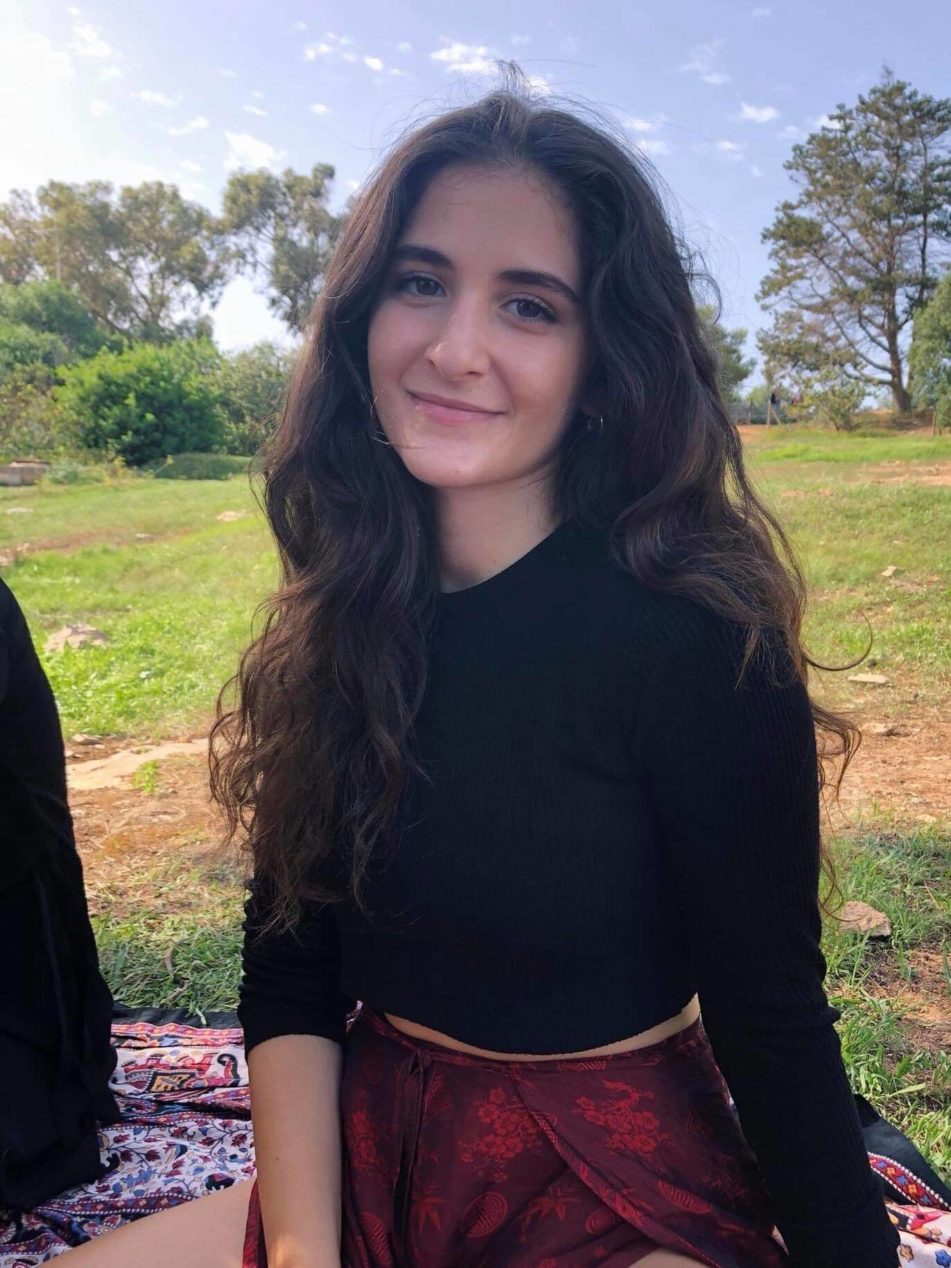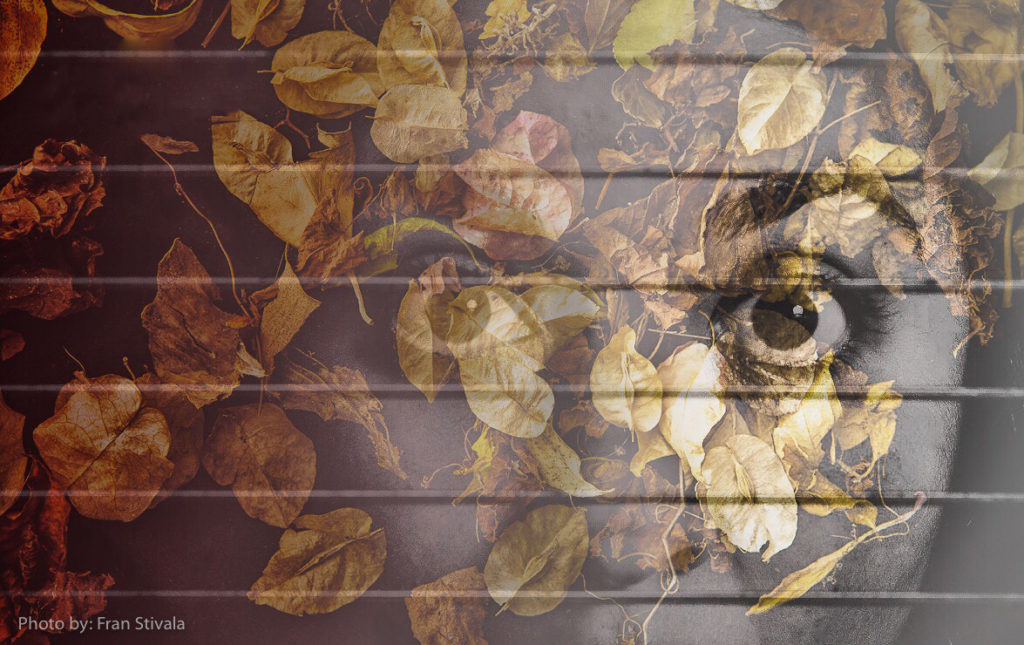
Philosophy student Ana Tortell shares her past personal quest for happiness with the hopes of bringing clarity to anyone who can relate…
I was going through some old pieces that I had written to myself as attempts to find some clarity, and I wound up coming across this. It was written over a year ago while I was going through a very confusing period regarding my future. Reading it now makes me notice a certain timeless relevance, so I decided to share it with you all – in the hopes that someone can relate and find clarity in it themselves.
I’m currently speaking to an old friend of mine who I was in a philosophy class with (so, as you can imagine, our discussions can get rather intense). And well, like many other 19-year-olds, we’ve found ourselves in a state of great perplexity. In my case, I’m predominantly questioning my career choice, whereas he’s torn between his relationship and his career. We’re both battling between choices, trying to pick between the comfortable and the unknown to essentially figure out what it is that would make us happy. Consequently, both of our issues unsurprisingly boil down to the question of what is happiness? What is it that makes me happiest, and how do I know? Is there any scientific measure to calculate it for me? Is it a universal feeling that’s easily identified? Is there some TED talk that’s going to tell me exactly what I need to do to feel it?
Probably not. One thing everyone knows about happiness (and most abstract concepts) is its subjectivity. It manifests in different ways, for different reasons, in different people. The effects and intensity aren’t linear, and it is hardly ever constant. Therefore, the search for happiness can only happen within oneself, but what do we have to do to start this process of self-actualisation? Well, I believe (and this is not some mind-blowing backed-up theory, just an opinion that is probably obvious to most) that happiness occurs during those moments when you’re doing something and not thinking about anything else, you’re simply living in the experience. It’s that thing that takes over your mind, maybe not constantly, but when it does, you can feel a sense of comfort. Once you’re in it, you’re possessed by it – it causes time to speed away and you don’t mind. However, don’t confuse this with obsession – the aim isn’t to feel dependent on this thing, it’s to feel at peace alongside it.
Of course, this feeling can be evoked by several things: a person, a hobby, a job – and, well, that’s where the situation can get confusing. Sometimes those things can come into conflict. My advice is to choose the situation, subject, person – whatever it may be that appears in your thoughts when you’re without it and consumes them when it is right in front of you. The thing that you don’t just crave (the amount of which is personal) when it’s missing, but when you’re in it, it feels right. This doesn’t mean that it doesn’t require sacrifices, or that when you think about it, a set of doubts don’t weasel themselves in. It just means that deep down, you know that you’d rather sacrifice (healthily) than be without it. And the doubts? Well, sort through those with reason and you’ll be able to decipher whether they’re real doubts, or fear disguised as them. If these are fears, then don’t allow yourself to sit comfortably in them; push yourself because if you don’t try, nothing will ever change.
Most importantly, don’t be ashamed of the things that make you happy (as long as it doesn’t hurt anyone). Don’t let societal or even personal pressure make you change what it is that brings you joy, that will just lead to disappointment and it will probably halt you from succeeding. Do whatever it is you enjoy, take pride in it. I have come to terms with the fact that I may be more basic than I had originally hoped, but at the end of the day, the first person I have to please is myself.
What is happiness for you? Do you have an experience you’d like to share with us? Contact us or send us an email at [email protected]

Ana Tortell is a 19 year old woman who’s currently studying International Relations and Philosophy in the University of Malta. Besides this, she is a dancer and has been dancing since the age of 3 and has performed all over Europe. She is very interested in and passionate about human rights. She is strongly against all forms of discrimination and through this she will try her best to vocalise her opinions in an impactful way.





